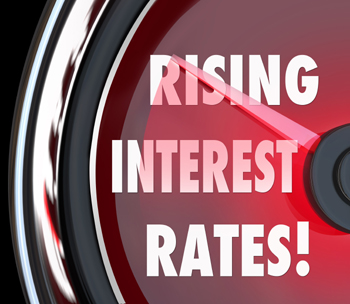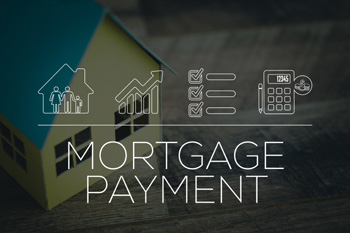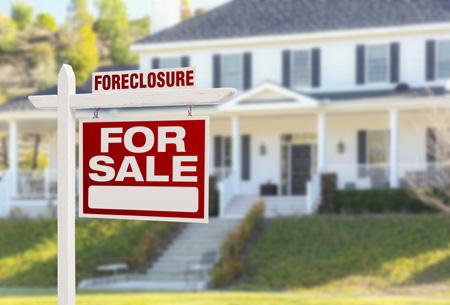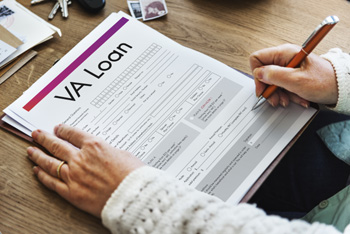Are you getting ready to make the plunge? Are you a first time homeowner? Good for you, and it may not be as taxing as it seems.
and it may not be as taxing as it seems.
Down payments seem to be the biggest obstacle first time home buyers think they will face when buying a home. According to Freddie Mac, 60 percent of adults ages 18 to early 20s don’t know and overestimate how much they will need to put down on a home. However, according to NAR (National Association of Realtors) the actual down payment median for first-time home buyers was 7% in 2019.
Because millennials still hold on to the “20 percent down” myth, it’s no surprise Gen Z are following suit. 60% of Gen Zers want to hold off on buying until they have enough down payment and can manage a mortgage payment, but first-time home buying comes with perks, including low down payment options.
Homebuying can be within reach despite challenges. With financial education at home, strong economy and job market, home buying is an attainable goal for Gen Zers. Being optimistic about their financial futures, many prefer to own verse rent and want to purchase a home by the age of 30.
A 2019 Freddie Mac study showed low down payment options shrink the time it takes “mortgage ready” young millennials to achieve home ownership. With this information, we can assume it applies to Gen Z adults. Bottom line, low down payment options can give a much more motivating time frame of 3 to 5 years instead of 15 to 20 years to get into your first home.
Ruth Schoenherr is a mortgage broker who will help you find home loans in the Clearwater, Palm Harbor, Largo, Safety Harbor, St Petersburg and Tampa Bay area. For more information, go to her web site at www.ClearwaterMortgageBroker.net or call at 727 447-2418.







